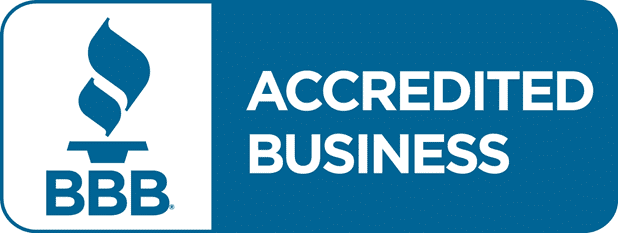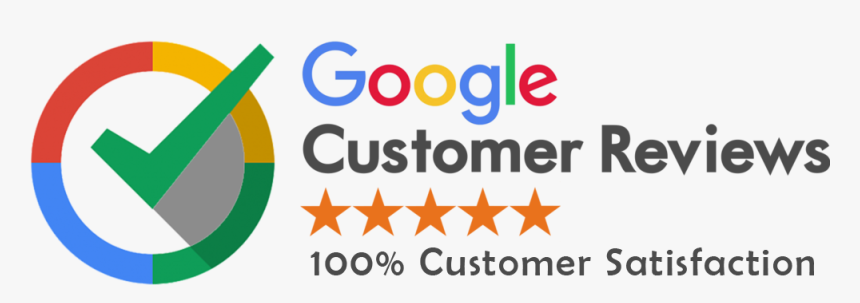When faced with economic challenges, sometimes you need to take a step back before leaping forward. That’s what student loan deferment is all about. Student loan deferment is a convenient option that allows you to put your student loan payments “on ice” for a temporary amount of time. Student loan deferment is a temporary postponement of student loan payments. Usually, deferment applies to qualifying students in school at least half-time and job seekers who have lost their jobs or have disabilities.
What is Student Loan Deferment?
Deferment and forbearance can both postpone student loan payments when you can’t afford them. If you can’t make a payment, you may be able to defer it instead. This means that you temporarily stop making payments, and your loan continues to accrue interest. After you’ve made six on-time, consecutive payments (the equivalent of one semester), you can pay off the deferred amount and interest with one lump sum payment. This particular type of deferment is available for those who qualify. A deferment typically lasts for six months but can be extended to as many as three years under certain circumstances.
Forbearance essentially works the same way as student loan deferment. However, unlike deferment, it doesn’t cover grants or work-study. Under forbearance, your monthly payments are postponed if you meet certain conditions and agree to pay the penalty.

Types of Student Loan Deferment
One of the primary benefits of having a federal student loan is that you are eligible to defer your payment while attending school, entering the military, or experiencing financial hardship. Some of the more popular types of deferment are discussed below. The eight types include the following:
- Cancer Treatment Deferment
The Cancer Treatment student loan Deferment offers cancer patients zero interest rates on their student loans for some time, depending on the type of cancer. This benefit is available to all eligible cancer patients and is an incentive to get well and return to school.
- Economic Hardship Deferment
Economic hardship deferment is a period when you will not have to make payments on your student loans. This program allows for postponing loan payments only. This means that the interest on your loans may continue to accrue, but you will be given time off from payments.
- Graduate Fellowship Deferment
The Graduate Fellowship program allows you to earn a master’s degree in business administration or education while deferring payments on your federal student loans. This unique program helps to keep you from dropping out because of high debt.
- In-School Deferment
In-School Loan Deferment is forbearance for undergraduate and graduate students. It allows students to postpone payments until six months after leaving school, graduating, or dropping below half-time.
- Military Service and Post-Active Duty Deferment
The Department of Education will grant student loan deferments for qualifying members of the armed forces. For example, suppose you’re called up for active duty due to war, national emergency, or military operation. In that case, you could be eligible to have your student loans placed in deferment while you’re engaged elsewhere.
- Parent PLUS Borrower Deferment
The Parent PLUS Borrower Deferment is designed to help eligible education borrowers postpone making payments on qualifying Parent PLUS loans for up to three years after the borrower’s student has graduated, left school, or ceased to be enrolled at least half time.
- Rehabilitation Training Deferment
Rehabilitation training deferment gives you the option to scale back on your training time without having to pay back any of your loan debt. This is an option for people who suffer a disability or severe medical condition that prevents them from working and, at the same time, makes it unreasonable for them to continue in rehabilitation counseling.
- Unemployment Deferment
Unemployment Deferment is a product that helps people from losing their house when they have a lay-off or can’t find work. In addition, it provides the ability to defer payments on mortgage loans avoiding foreclosure and an increase in the family’s credit score. This helps individuals who have been out of work for more than 12 months become employed again.

Why Should you Avoid Student Loan Deferment?
Many student loan borrowers are wondering if they should defer their payments by going into student loan deferment. However, a student loan deferment is not the best option to pay back your loan. Student loan deferment is expensive. It only helps in the short run, and in the long run, it can seriously hurt your credit.
While some may argue it is a great way to stop paying bills, it could also be the worst choice for someone already having financial problems. Here are some reasons as to why you should avoid student loan deferment.
- It will take you longer to qualify for loan forgiveness (if you’re eligible.)
- Interest will continue to accrue during the entire deferment period.
- When you inevitably do start making payments again, your payments will be significantly higher.
Many people think of their federal student loans as a single balance. In reality, they can be several different loans with several other balances. In addition, when your loan is deferred or temporarily in forbearance (meaning you don’t have to make payments), interest continues to accrue. This means that your total balance will increase–often by a significant amount.
While it may seem like you’re taking the easy way out, in reality, you’re only making things much harder for your future self. Instead, think about how you can pay off your student loans quicker by making higher payments or choosing a shorter loan term. Doing so will help reduce the interest on your loan, which will lead to overall lower payments each month. Avoid making only the minimum payment, as it will make your loan last longer and cost more in total.
The good news is that you do not need to struggle any longer. We are here to help you make your student loan debt future brighter. We will work with you and fight for you until you are free of all your student loan debt.
With our expert advice and guidance, you can be confident that your student loans will be under control. Call Allied Enrollment Centers now to find out how much money you could save, and discover why people count on Allied every day.





